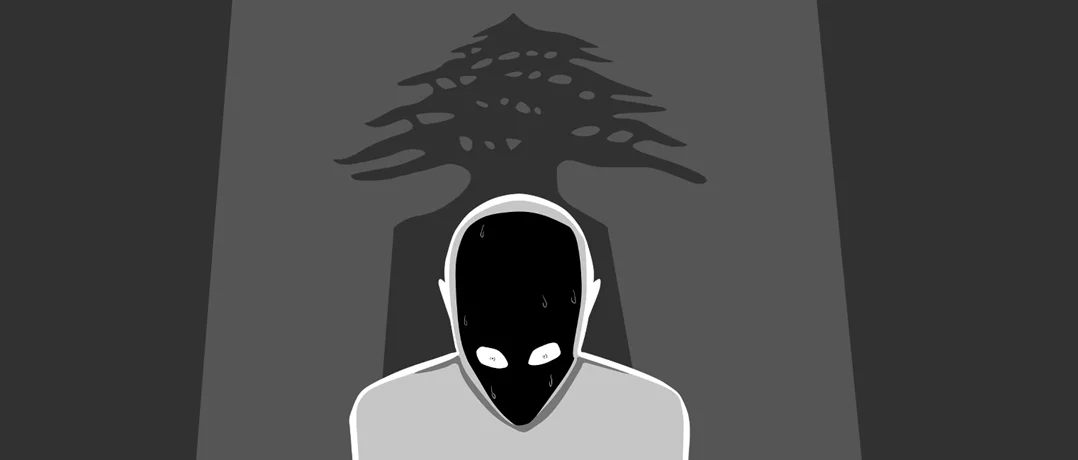Lebanon’s anxiety crisis reflects the weight of accumulated trauma passed through generations.
Lebanon ranks 4th worldwide in anxiety

Lebanon now ranks fourth in the world for anxiety, with 8.3% of its population affected, according to the Institute for Health Metrics and Evaluation. A statistic that feels less like news, and more like a mirror.
Lebanon has endured what few nations could: corruption, collapse, war, and a cascade of shocks that fractured both the economy and the human spirit. And so, the number 8.3% feels almost understated. A decimal point cannot capture the tremors that move through the Lebanese psyche. The figure is measured, quantified, neat. But anxiety in Lebanon is neither neat nor contained; it is woven into the fabric of daily survival.
It has persisted across generations, in a country whose very history carries trauma within it a pandemic that stole lives and livelihoods, an economic collapse fueled by mismanagement and greed, and a port explosion that scarred not only a city, but the collective memory of its people.
Globally, Portugal leads with 9.7%, followed by Brazil at 9% and Paraguay at 8.4%. Lebanon’s 8.3% reflects not only personal psychological struggles, but systemic wounds.
Psychologist Dr. Myrna Mouawad tells The Beiruter:“Anxiety here isn’t a condition you develop. We are dealing with transgenerational psychology."
The symptoms we see today come from generations who lived through trauma. This is PTSD that never healed it transfers.
Healing in a time of crisis
In recent years, Lebanon has begun to push back against this invisible epidemic. Under the Ministry of Public Health, a National Mental Health Program was launched a small but essential step toward recognizing that emotional well-being is not a luxury, but a right. “We’re now seeing public clinics and centers offering psychological support across the country,” says Dr. Mouawad. “Awareness is spreading. For the first time, mental health is part of the national conversation.” For a society raised to endure in silence, this shift is not merely administrative it is cultural. The taboo is softening. The language of healing is entering everyday speech. Yet therapy alone is not the foundation. “We all experience stress and emotional strain,” she explains. “Before reaching therapy, we begin with the base of the pyramid: self-care.”
Healing often starts in small, human acts:
-A prayer whispered before sleep
-An evening walk to steady the breath
-A coffee shared with someone who understands without words
“Everyone finds their own way to cope,” she adds.
Sometimes, that is where true therapy begins.
The mirror of a nation
Lebanon’s anxiety is a mirror reflecting not only the tragedies it has endured, but the resilience it has cultivated.
Anxiety is a symptom, yes but it is also a testament.
A measure of how much a nation has survived.To understand Lebanon’s anxiety is to understand the weight of survival the quiet courage of those who continue, even when continuation itself feels like an act of defiance. Lebanon ranks fourth in global anxiety.But the truth is that its people have been living in the top percentile of endurance far longer than any statistic could ever record.



